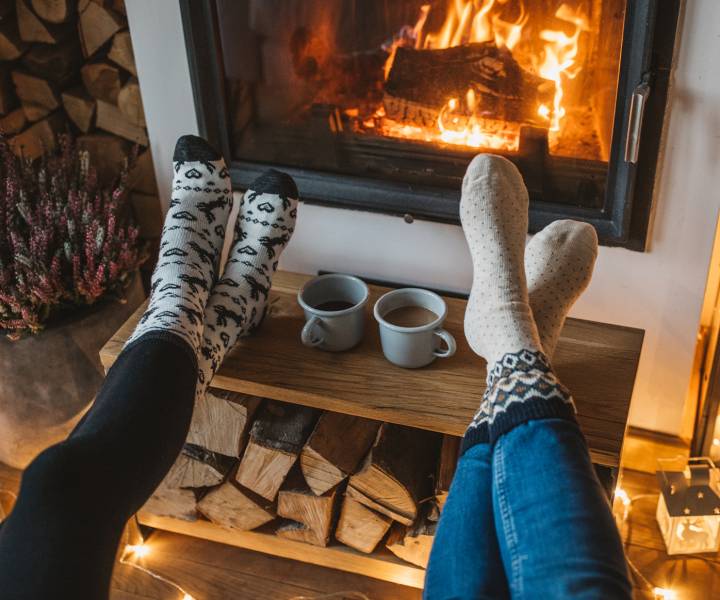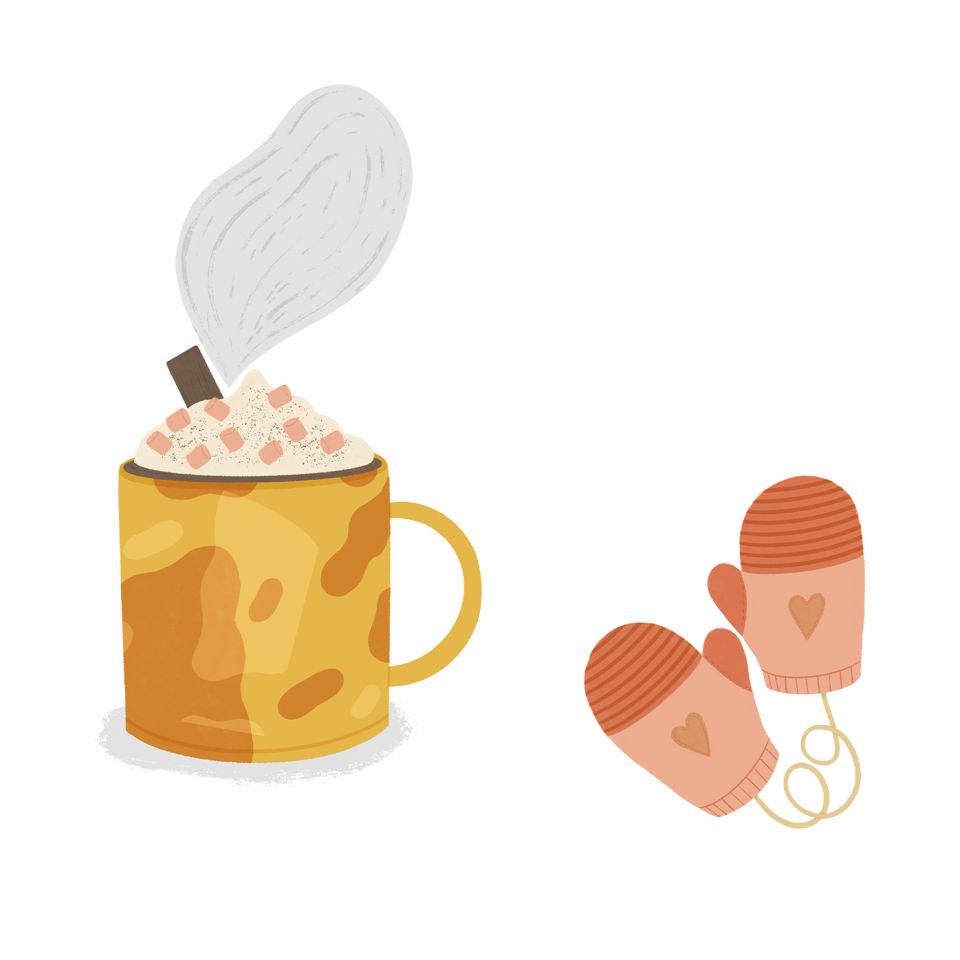Health
10 ways to stay healthy this winter
by Sharon Parsons

From walking to contacting old friends and practicing gratitude, there are many ways to scaffold your health once the weather gets colder, says Sharon Parsons
1. Protect yourself
Book a flu jab, if you’re eligible, and if you’re offered a Covid-19 booster, take it.
2. Get physical
The NHS recommends adults should aim to be active every day with 150 minutes of moderate aerobic exercise each week, combined with strength exercise two or more times a week. If the gym’s not for you, download a fitness app, or check out online videos. Joe Wicks has lots of free workout videos on his YouTube channel for all abilities.
3. Walk off the weight
Research has found that the body has to work harder to maintain its core temperature (37 degrees Celsius) in winter, so when you go for a brisk walk, more calories are burned.
4. Fight late-night eating
Aside from the weight-gain effects of comfort food eating, a calorific snack late before bed can disrupt sleeping patterns and keep you awake as your body has to work hard to digest it.
5. Drink water
While we are more likely to consciously fill our glasses in warmer weather, in winter we tend not to be so thirsty and drink less. Water is essential for hydration, aiding digestion and flushing out toxins though - no matter the season! - so aim to drink eight glasses a day, along with warming drinks.

6. Stimulate your brain!
Studies show that in warm conditions, the brain uses more glucose to control the body’s temperature, but when it’s colder, it directs this energy more towards recall and concentration, meaning we can carry out more complex tasks. Could there be a better reason to break up a working day with a brisk lunchtime walk or a jog?
7. Forget the weekend lie-in.
It can be tempting to hibernate in the winter months, but sleep experts agree that sleeping too much can disrupt your regular sleep pattern, so get up at pretty much the same time every day of the week.
8. Boost your mood
Doing something you really enjoy which completely absorbs you - such as crafting, writing or baking – produces the feel-good hormone dopamine. This is further underpinned by having something tangible to show for your efforts, so don’t hold back!
9. Practice gratitude
The cold, dark months can affect our mood and feelings of satisfaction. A lot of research shows that mindfully connecting with something you are genuinely grateful for teaches an appreciation for what you have (even if it’s as simple as a hot shower). That in turn nurtures feelings of contentment.
10. Stay in touch
We all need human connection - but in the winter, there may not be opportunities to get out and about so much. Aim to actually chat to a couple of people every day at least – don’t text, WhatsApp or email - especially if you live alone.













